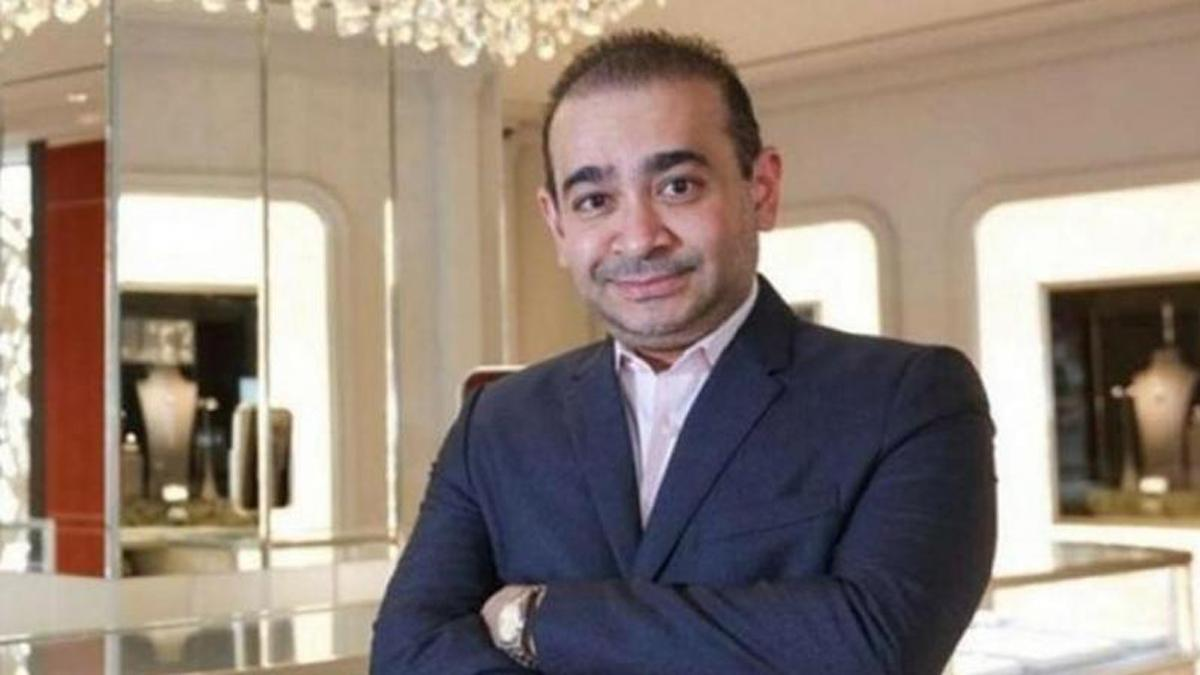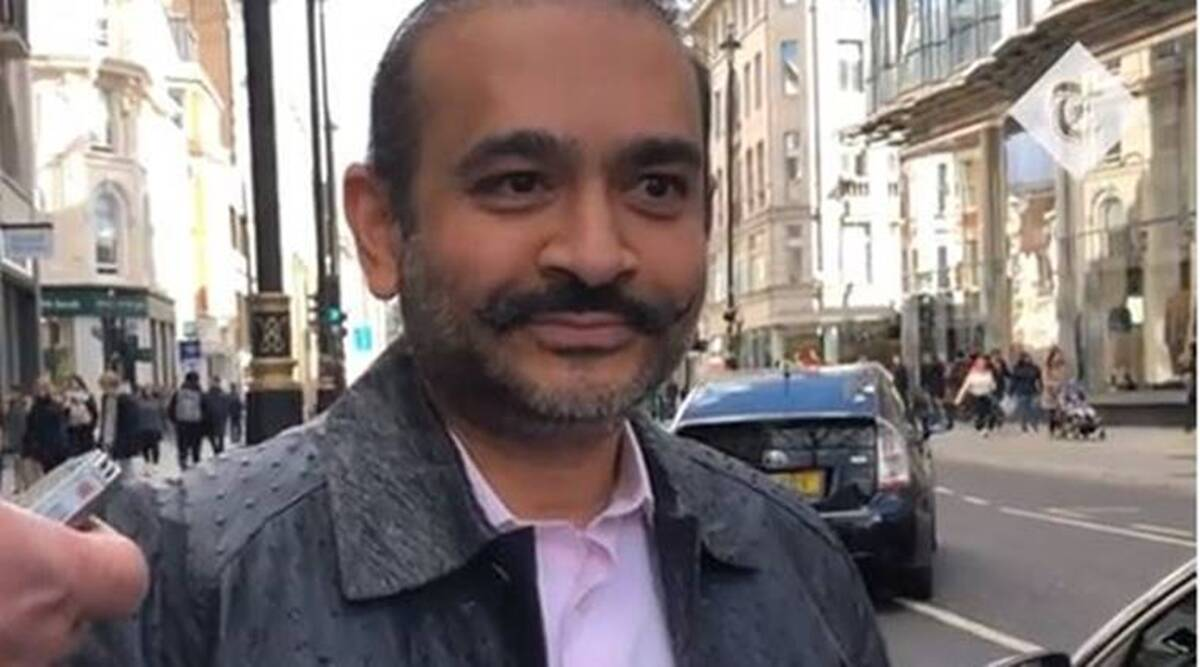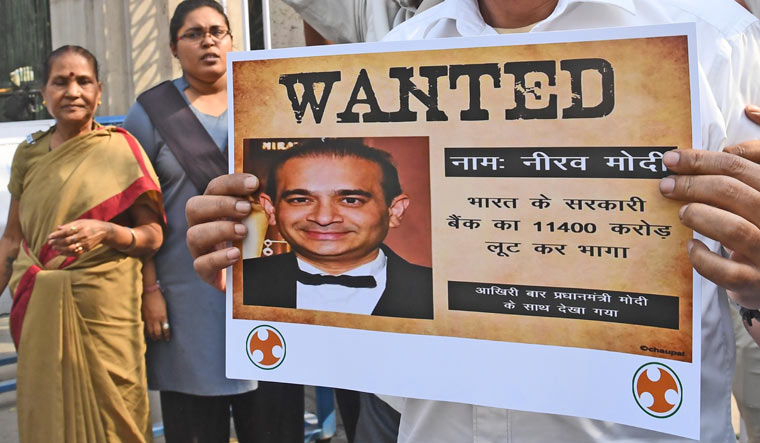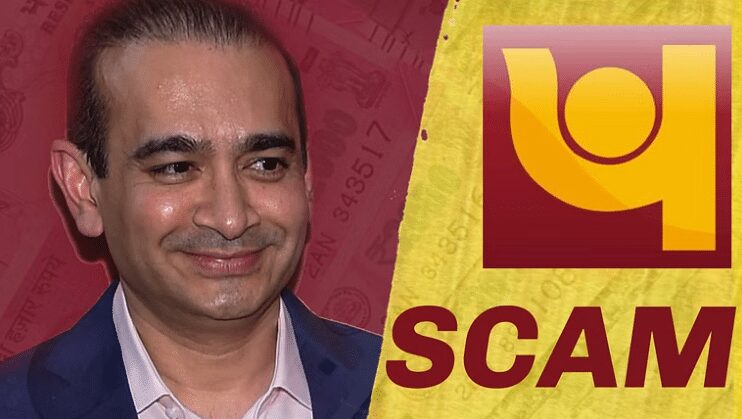Nirav Modi was accused in the Rs 14,000 crore PNB fraud case, where it was alleged that companies under his control benefited from the bank issuing false letters of undertaking.
Updates from London High Court

Diamond merchant Nirav Modi lost his appeal against extradition on mental health grounds on November 9, when the London High Court ruled that extraditing him to India to face fraud and money laundering accusations would not be punitive or unjust.
“District Judge Sam Goozee’s Court order from the previous year supporting extradition was sound,” said Lord Justice Jeremy Stuart-Smith and Justice Robert Jay, who presided over the appeal hearing at the Royal Courts of Justice.
Nirav Modi’s appeal in High Court was based on Section 91 of the Extradition Act of 2003, which deals with mental health, and Article 3 of the European Convention on Human Rights, which allows for hearings on whether it would be “unjust or oppressive” to extradite him.
The Judges conclude “We are far from satisfied that Mr. Modi’s mental condition and the risk of suicide are such that it would be either unjust or oppressive to extradite him. We are pulling these various strands together and analyzing them to reach an overall evaluative judgment on the question raised by Section 91.”
Charges on Nirav Modi, Options left for him

Image Source – The Indian Express
It will take some time to transfer Nirav Modi from London to Mumbai’s Arthur Road Jail. Mehul Choksi, his uncle, who has obtained citizenship of Antigua and Barbuda, is also accused of cheating PNB.
Mr. Modi can challenge the High Court’s ruling in the Supreme Court within 14 days after the High Court’s decision on a legal issue of public importance. This requires a high bar, as appeals to the Supreme Court can only be filed if the High Court has considered the matter to represent a legal issue of general public importance.
The diamantaire could still request for Rule 39 injunction from the European Court of Human Rights. Therefore, there is still a long way to go before he is sent back to India, where he will be detained at Mumbai’s Arthur Road Jail and put on trial for fraud and money laundering of an estimated ₹14,000 crore in the Punjab National Bank (PNB) loan scam case.
Mr. Modi has not yet made any comments regarding his intentions to challenge the High Court’s ruling. Since his arrest in March 2019, he has remained in custody at Wandsworth Prison in southwest London.
Both the Enforcement Directorate and the Central Bureau of Investigation are looking for Mr. Modi. The firms he controlled allegedly took advantage of the loopholes and flaws in the banking system by requesting letters of undertaking also known as Lou and obtaining credit from overseas banks to pay its merchants.
An LoU is a bank guarantee given for payments made for imports from abroad. Mr. Modi and his three companies are accused of stealing LoUs from PNB for many years. These bank guarantees are said to have aided Mr. Modi to get short-term loans from overseas branches of Indian banks so he could pay raw material suppliers.
How Nirav Modi Cheated PNB (Punjab National Bank)

The fugitive diamantaire Nirav Modi and his uncle Mehul Choksi, working together with some bank employees, perpetrated one of the largest bank frauds in the nation by constructing a sophisticated web of deception using fraudulent Letters of Undertaking (LoU) to steal ₹14,000 crores from the state-owned Punjab National Bank.
These LoUs are issued for businesses or commercial transactions rather than typical retail transactions. Companies affiliated with Nirav Modi bought these LoUs from PNB’s Brady House office in Mumbai, but it is alleged that the money was siphoned off by some corrupt PNB workers instead of using it for legitimate business deals.
In March 2011, the Brady House branch of PNB gave Nirav Modi his first letter of understanding. Over the following 74 months, he was able to secure 1,212 additional guarantees. 53 legitimate (non-fraudulent) Letters of Understanding were also granted to the Nirav Modi Group during the course of six years, the first in March 2011 and the last in November 2017.
However, according to investigative agencies, the LoUs were mostly used to evade taxes. Days before a complaint was filed against him and his associates, Nirav Modi left India in 2018 to avoid prosecution.
PNB detected the fraud on January 25, 2018. On January 29, it reported it to the Reserve Bank of India (RBI). A complaint requesting the CBI to register an FIR was also made on that day. The RBI then received a second fraud report on February 7.













